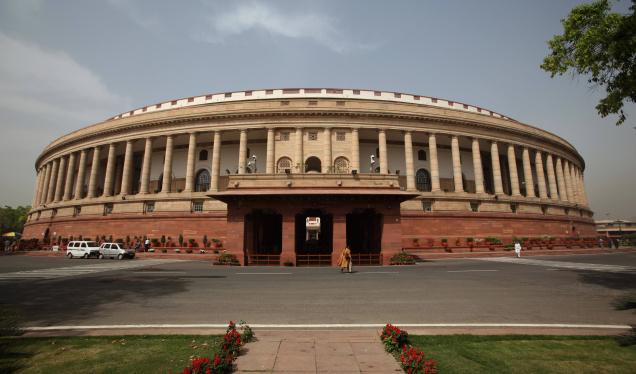
Rajya Sabha has passed the Rights of Persons with Disabilities Bill, 2014.
The bill repeals Persons with Disabilities (Equal Opportunity Protection of Rights and Full Participation) Act of 1995.
The bill comprehensively covers a whole spectrum of problems from physical disabilities to mental illness and multiple disabilities under it.
It complies with the UN Convention on Rights of Persons with Disabilities, to which India became a signatory in 2007.
Salient features of the bill
Definition of disability: It has defined to include 19 conditions as disable.
It also defines Persons with benchmark disabilities as those with at least 40% of any of the above specified disabilities.
Rights of persons with disabilities: Persons with disabilities shall have the right to equality. They shall not be discriminated against on grounds of their disability.
Rights include protection from inhuman treatment and equal protection and safety in situations of risk, humanitarian emergencies, natural disasters and armed conflict.
All existing public buildings shall be made accessible for disabled persons.
Education and skill development: It provides for the access to inclusive education, self-employment and vocational training to disabled persons.
At least 5% seats in all government institutions of higher education and those getting aid from the government are required to reserve seats for persons with benchmark disabilities.
Employment: The Union and State governments will ensure that at least 5% of the vacancies in identified establishments are filled by persons or class of persons with at least 40% of any of the disabilities.
The reservation must be computed on the basis of total number of vacancies in the strength of a cadre. Government can exempt any establishment from this provision of reservation.
Legal Capacity: Disabled persons have the equal right to own and inherit movable and immovable property, as well as control their financial affairs in par with others.
Guardianship: The district court may order guardianship to the disable person if found a mentally ill person and not capable of taking care of himself or of taking legally binding decisions.
National and State Commissions for persons with disabilities: These commissions will be established by central and state governments respectively. They will be composed of experts. They will identify any laws, policies or programmes inconsistent with the Act.
They can also inquire into matters relating to deprivation of rights and safeguards available to disabled persons.
They will also monitor utilisation of funds disbursed by governments for the benefit of disabled persons.
Central and state advisory boards on Disability: They will be constituted Central and State governments respectively.
The will advise governments on policies and programmes on disability. The will aslo review the activities of organisations dealing with disabled persons.
Current Affairs 14th December, 2016 Current Affairs Round Up Bullet Points, November, 2016 Current Affairs Round Up Bullet Points, October, 2016

Join The Discussion